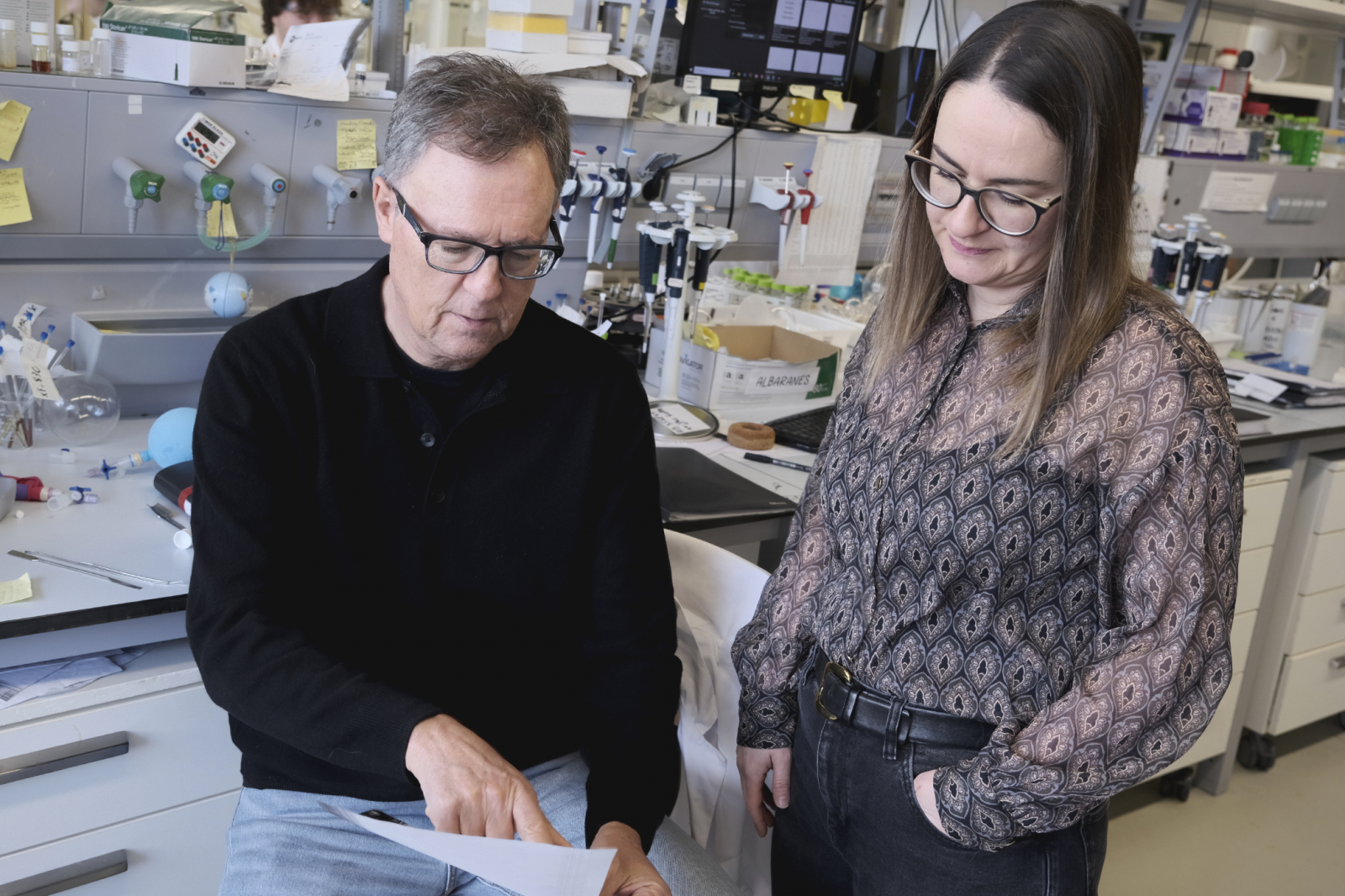With over 400 proposals submitted from 39 countries, the latest EIC Transition call was the most competitive to date. This program of the European Innovation Council (EIC) focuses on maturing innovative technologies and has become one of the most attractive schemes for researchers and startups. Among the 40 selected proposals in this competitive round is MEDiCS, a project led by Prof. José Luis Mascareñas that will concentrate on the clinical development of a new anticancer agent. This marks another milestone for CiQUS, adding its second project of this kind and positioning the University of Santiago de Compostela as the only Spanish university, alongside Pompeu Fabra University, to achieve this double success in the program. The consortium led by CiQUS has secured €2.5 million to develop its proposal over the next three years.
MEDiCS, short for Anticancer approach based on the Metabolic Disruption of Cancer Stem Cells, focuses on the preclinical potential of a family of ruthenium-based metallic complexes in targeting certain tumors. The current objective is to progress the technology by completing the preclinical phase, a critical step before moving to human clinical trials. Specifically, MEDiCS seeks to optimize the performance of this innovative compound against two particularly challenging cancers: pancreatic cancer, due to its high prevalence, and colon cancer, given its high lethality—both of which pose a significant societal challenge
These synthetic ruthenium compounds target cancer stem cells—the key drivers of tumor initiation, metastasis, and treatment resistance—by disrupting mitochondrial respiration. Since these cells depend on this process for energy production and immune evasion, the metallic complexes strike at their most vulnerable point. This novel mechanism of action has demonstrated effectiveness in halting tumor growth in preclinical models while maintaining low toxicity, highlighting its strong therapeutic potential.
Prof. Mascareñas and Dr. Bruno Sainz, along with their respective teams at CiQUS and the Sols-Morreale Biomedical Research Institute (CSIC-UAM), previously received support from Ignicia (Galician Government) and the "la Caixa" Foundation to study the behavior of these anticancer agents. Encouraged by promising results, they decided to pursue an EIC project, despite the highly competitive nature of these calls, which have a success rate below 10%. The selection process involves unfolds in two stages: an initial evaluation based on the proposal’s quality, followed by a rigorous interview-style assessment with a multidisciplinary panel of six international experts.
In addition to Drs. Mascareñas and Sainz, the MEDiCS team also includes scientists from the Institute for Research and Innovation in Health (i3S) at the University of Porto, along with support from the companies MyBiotech and Asphalion.
The EIC Transition program aims to bridge the gap between early-stage research and market-ready innovations. By providing funding and guidance, it supports the development of promising technologies, helping to demonstrate their viability in real-world applications and laying the foundation for commercialization. The selection of the MEDiCS project reflects the dedication of its research team, built on years of fundamental study and a strong belief in their ability to translate scientific knowledge into meaningful advancements.
The CiQUS holds the CIGUS recognition by the Xunta de Galicia, that accredits the quality and impact of its research, and receives financial support from the European Union through the Galicia FEDER Program 2021-2027.

Image: Prof. Mascareñas and Dr. Lara Villarino. The MEDiCS project, awarded €2.5 million in funding, was among 40 projects chosen from 416 proposals submitted in the most recent EIC Transition call in Europe.


